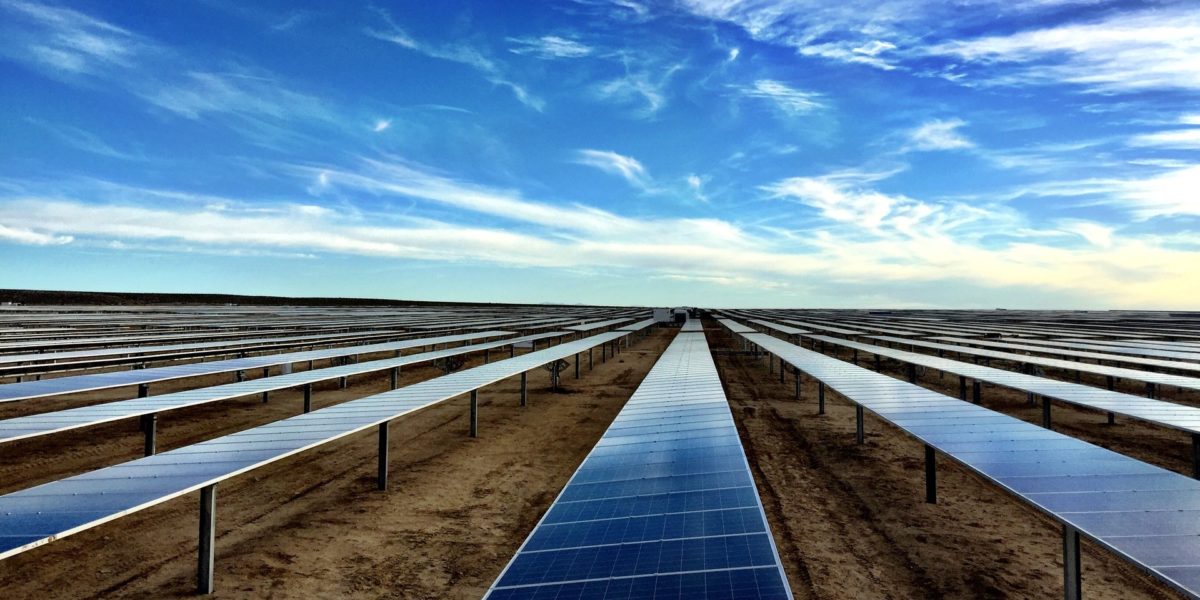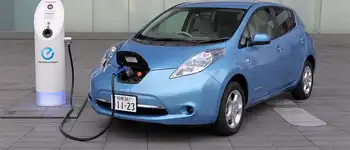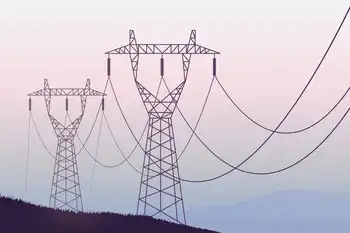Should Florida utilities monopolize solar?
By Howard Troxler, St. Petersburg Times
NFPA 70e Training - Arc Flash
Our customized live online or in‑person group training can be delivered to your staff at your location.

- Live Online
- 6 hours Instructor-led
- Group Training Available
The first way:
Let a million flowers bloom. Dedicate ourselves to the goal that “X” percent of our energy has to come from solar and other alternative sources.
Pass aggressive laws to encourage solar. Create an open market that rewards the better mousetrap. Throw open the state to competition, innovation and jobs.
The second way:
Just put Florida's electric companies in charge.
Let the traditional electric monopolies build or not build centralized, larger-scale solar projects as they see fit.
Let them automatically bill their customers as they choose, outside normal regulation, putting hundreds of millions if not billions into their pockets in coming years.
Don't require the electric companies to deal with anybody else, or at least not much.
Which will Florida choose?
Here's a hint. The decision is up to our state Legislature.
Want another hint?
The state's biggest electric company, Florida Power & Light, really, really wants the second approach.
My colleague Mary Ellen Klas recently reported:
Since 2009, FPL and its affiliates have spent at least $4 million on campaign contributions to legislators and candidates for governor, according to campaign finance reports. It created Citizens for Clean Energy, a nonprofit renewable-energy coalition to push the issue. It has hired 30 lobbyists, including the former head of the Florida Department of Environmental Regulation, Mike Sole, at a salary and benefits package of more than $350,000, to work legislators and earn support.
You ain't gettin' any more hints.
Of course the Legislature is going to give the electric company what it wants. It will pass Senate Bill 7082 or a comparable House version.
It is a brutal use of government power, and it is the opposite of the "free market."
The bill bypasses the normal process of determining whether any of these projects are a good idea in the first place, otherwise known as "need determination."
The bill says that the Legislature itself automatically finds there is "need" for whatever the electric companies decide to build, and that the question of need "may not be raised in any other forum," such as at the Public Service Commission.
Second, although the Legislature likes to brag about not raising "taxes" on Floridians, this is a direct order from the government that Floridians will pay more.
So, I hope that the electric companies flourish. I hope FPL builds the best gosh-darned solar plants ever. Although Progress Energy Florida is not backing this bill, I hope those guys get in on the action, too. I hope they come up with something that costs negative-eleventy cents per kilowatt and makes them the Richest Corporation in the History of the World.
But that probably isn't going to happen. What will probably happen is that the companies will muddle along, charge more, build something bureaucratic, and profit.
A long time ago I read a satire of the old Soviet Union I can't find it and would be grateful if you knew who wrote it about the invention of the Central Can Opener.
The way it worked was, everybody in town who wanted to open a can had to go down to the village square and stand in line.
That's what this law is - a Central Can Opener.











